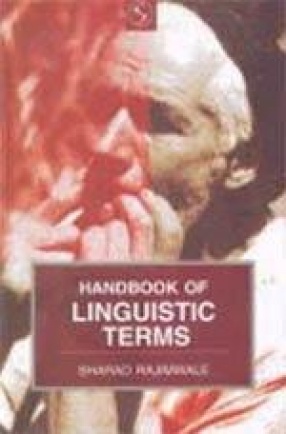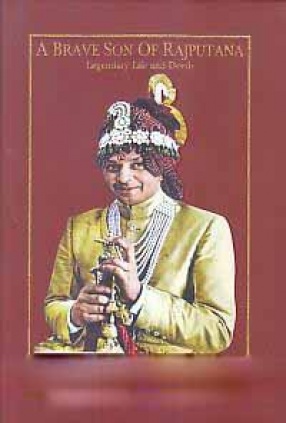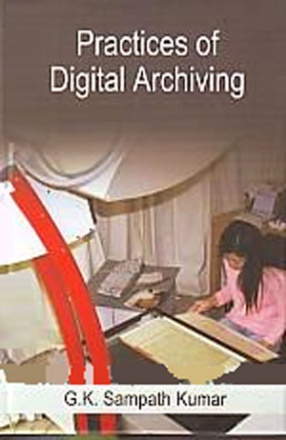A systematic and thorough knowledge of a subject demands close acquaintance with the specialized terminology developed by it through decades of research. Early learners have often been seen to feel dampened by the awesome array of technical terms of linguistics. There is nothing to feel scared about it; one has only to see that these terms give us a precise and focused vision of the things that we are all engaged in; acts of using language. Linguistics offers us comprehensive insight into these acts, and for doing so it has evolved a magnificent stock of terms. It is commonly felt that a sound knowledge of technical terms is necessary for a proper understanding of the subject. Early learners must understand that terms are not coined to impress, but to express the fine properties of the units, principles and theories under discussion and precise distinctions that mark one off from the other. They are the means that lay for us solid foundations on which to build further knowledge. Tendency to by-pass them and go ahead frequently leads to confusion, vagueness and wrong notions. A person with no knowledge or at least a vague awareness of linguistic terms proves to be a bad student of the subject. He must know, for example, why a term like ‘monophthong’ is preferred to a simple ‘vowel’; or why it is dangerous to confuse between ‘argot’ and ‘jargon’, and ‘pidgin’ and ‘creole’. Written in lucid style, this book acquaints.
A Brave Son of Rajputana
$55.80
$62.00








There are no reviews yet.